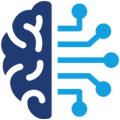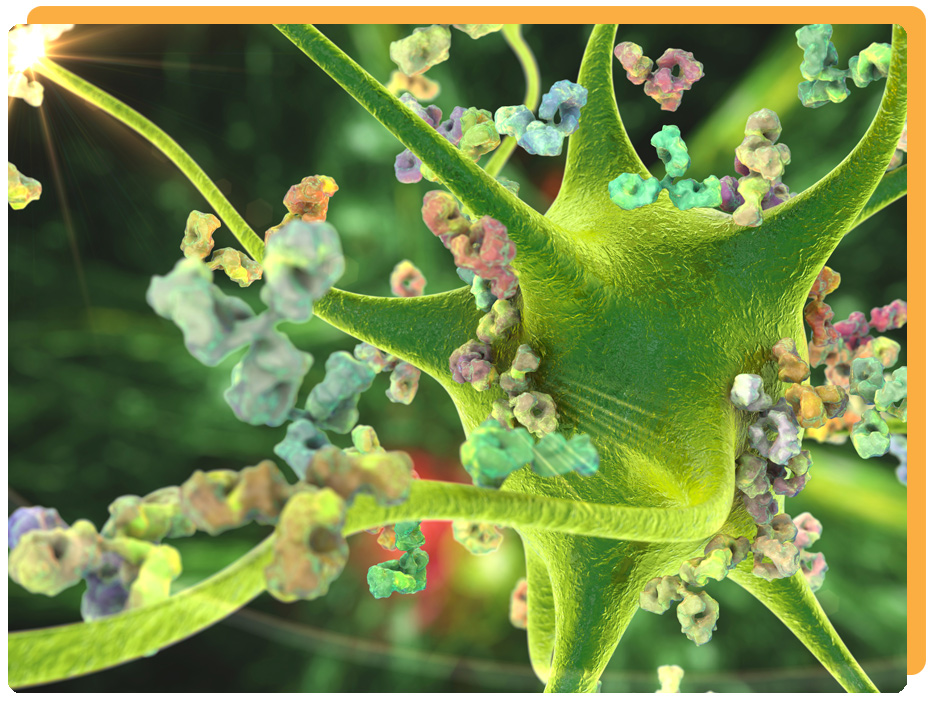Sudden onset of tics in adults
Motor and Vocal Tics
Immune dysfunction and tic disorders in adults
The late-onset of tic disorders in adults is uncommon. Tic disorders are thought to be childhood syndromes. In some cases, the onset may be a recurrence of a tic disorder from childhood. Several studies indicate that tic disorders in adults may be more prevalent than we recognize.
“We cannot estimate the prevalence of adult onset tic disorders in the general population,” state the authors of a large case series, “but the number of patients we have encountered suggests that the phenomenon is more common than previously reported.” 1
Why do tic disorders suddenly develop in adults?
Mounting evidence suggests that common infections can trigger an abnormal immune response, resulting in neuropsychiatric symptoms, including motor and vocal tics. One study found a dysfunctional immune response and signs of inflammation in the central nervous system of patients in some patients with Tourette’s syndrome. 2
So, why might tic disorders suddenly develop in adults? The authors reported, 1 in 3 patients who developed tics in adulthood reported having an inciting event just prior to the onset of symptoms. These precipitating events included head injuries, neck strain, cocaine binge usage, exposure to neuroleptic drugs and infections. 1
So, why might tic disorders suddenly develop in adults? The authors reported, 1 in 3 patients who developed tics in adulthood reported having an inciting event just prior to the onset of symptoms. These precipitating events included head injuries, neck strain, cocaine binge usage, exposure to neuroleptic drugs and infections. 1
Could a sudden onset of tics be due to an immune dysfunction?

Take Our Quiz
Answer a few questions to find out if you might benefit from testing with the Autoimmune Brain Panel™.

Learn More About Testing
Are you struggling with a sudden onset of tics? It may be due to an autoimmune response.

Immune dysfunction and anti-neuronal antibodies in tic disorders
Multiple studies have examined the role of immune dysfunction and anti-neuronal antibodies in tic disorders in children and adults. One study’s findings support the “hypothesis that binding of an anti-neuronal antibody from some children with [Tourette’s syndrome] induced striatal dysfunction and suggests a possible cause for the basal ganglia alterations observed in children with TS.” 3
“The body of evidence in favor of a contribution of the immune system on the pathophysiology of [Tourette’s syndrome] and related disorders is constantly growing.” 4
Researchers believe that some children and adults are genetically predisposed to develop an abnormal immune response following an infection(s). In these cases, the immune system produces antibodies to destroy a harmful pathogen. But these antibodies mistakenly attack healthy cells in a certain region of the brain which controls movement. This autoimmune attack can disrupt normal cell functioning and trigger brain inflammation, leading to the onset of tics.
“The body of evidence in favor of a contribution of the immune system on the pathophysiology of [Tourette’s syndrome] and related disorders is constantly growing.” 4
Researchers believe that some children and adults are genetically predisposed to develop an abnormal immune response following an infection(s). In these cases, the immune system produces antibodies to destroy a harmful pathogen. But these antibodies mistakenly attack healthy cells in a certain region of the brain which controls movement. This autoimmune attack can disrupt normal cell functioning and trigger brain inflammation, leading to the onset of tics.
References
- Chouinard S, Ford B. Adult onset tic disorders. J Neurol Neurosurg Psychiatry. 2000;68(6):738–743. doi:10.1136/jnnp.68.6.738. https://www.ncbi.nlm.nih.gov/pmc/articles/PMC1736950
- Krause DL, Müller N. The Relationship between Tourette’s Syndrome and Infections. Open Neurol J. 2012;6:124–128. doi:10.2174/1874205X01206010124 https://www.ncbi.nlm.nih.gov/pmc/articles/PMC3514747/
- Hallett JJ. et al. Anti-striatal antibodies in Tourette syndrome cause neuronal dysfunction. J Neuroimmunol. 2000 Nov 1;111(1-2):195-202. https://www.ncbi.nlm.nih.gov/pubmed/11063838
- Martino D, Dale RC, Gilbert DL, Giovannoni G, Leckman JF. Immunopathogenic mechanisms in tourette syndrome: A critical review. Mov Disord. 2009;24(9):1267–1279. doi:10.1002/mds.22504. https://www.ncbi.nlm.nih.gov/pmc/articles/PMC3972005/
